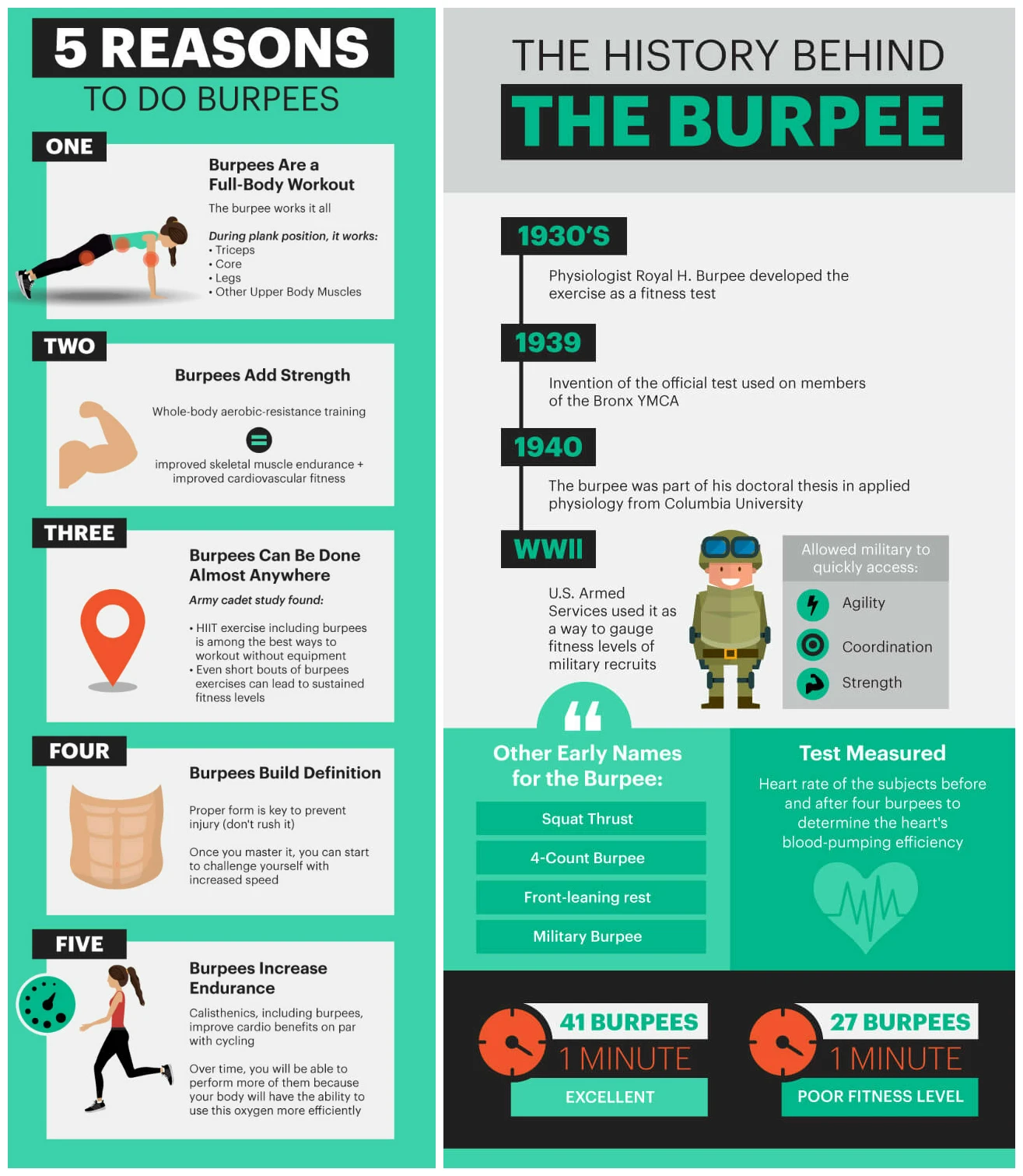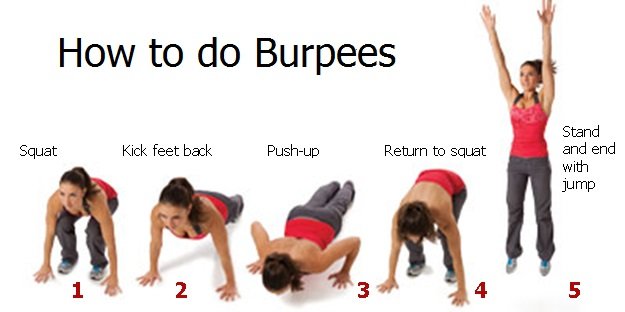Drinking
More Water During Hot Weather
When you spend time
outside in hot weather you probably start to feel thirsty in a fairly short
time. That's a normal response and one you should pay close attention to—it
means your body needs more water to deal with the heat. Learn why this happens,
the symptoms of dehydration, and how to ensure you are drinking enough water
when the temperatures rise.
Your Body Needs Water to Deal with Heat
Your body functions best within a certain
temperature range, and when you get too warm, it needs to cool off. There are a
couple of ways your body accomplishes this cool-down. First, your blood vessels
dilate to increase blood flow to the skin. This allows excess heat to radiate
away from your body. Then, you also start to sweat. Evaporation of the sweat
cools the skin, which in turn helps to cool the whole body. The problem is
that excessive sweating can lead to dehydration.
You sweat more when the temperature's hot,
especially if you're working or exercising in the heat. Drinking water helps replenish the fluids lost by excessive
sweating. If you don't get enough water, you may become
dehydrated, and the combination of hot temperatures and dehydration can lead to
serious heat-related illnesses.
Signs You Need More Water
For most people, thirst is a very good
indication that you need more water. Even before you become dehydrated,
you'll feel thirsty, and your mouth may feel dry or sticky.
After a while, you may also become lethargic
and fuzzy-headed. Other signs include reduced urine output (and the urine is
dark yellow). You might even notice your eyes look a bit
sunken and feel dry.
Even a little dehydration can be a problem, so
don't ignore those early signs. Even mild dehydration reduces your ability to
think clearly and your physical coordination.
Tips for Hydrating in Hot Weather
·
Start hydrating right away.
It's easier to maintain
your fluid balance if you start out in a well-hydrated state.
- Schedule regular beverage breaks and keep
a water bottle handy so you can take frequent sips of water
while you work or exercise.
- Choose electrolyte-replacing drinks for maximum
water absorption when you are exercising for more than an hour or when you
are sweating excessively during exercise in hot weather.
- Drink water after you've finished work or an exercise
session.
- Snack on fresh fruits that are rich in water,
like berries, watermelon, peaches, and nectarines.
How
can I tell when I'm dehydrated?
·
One of the easiest ways to tell whether
you are adequately hydrated is by checking the color of your urine. In general,
light colored urine is an indication of adequate hydration. If you are
experiencing infrequent urination and the color of the urine is dark yellow,
these are signs of dehydration.
·
Other signs of dehydration are: thirst,
headache, constipation, fatigue, weakness, dizziness, irritability,
cramps, depression, weight, gain, water retention, skin blemishes, vomiting or
nausea, and bladder infections.






